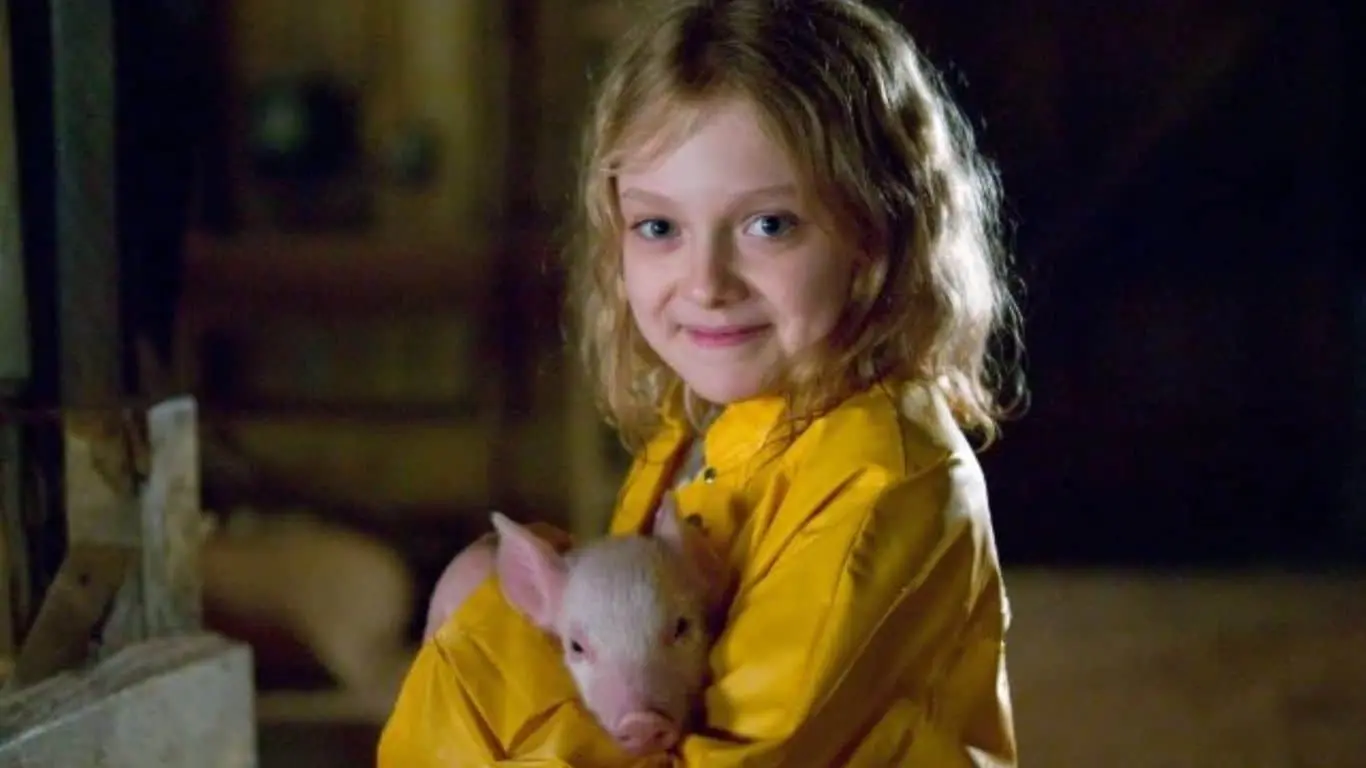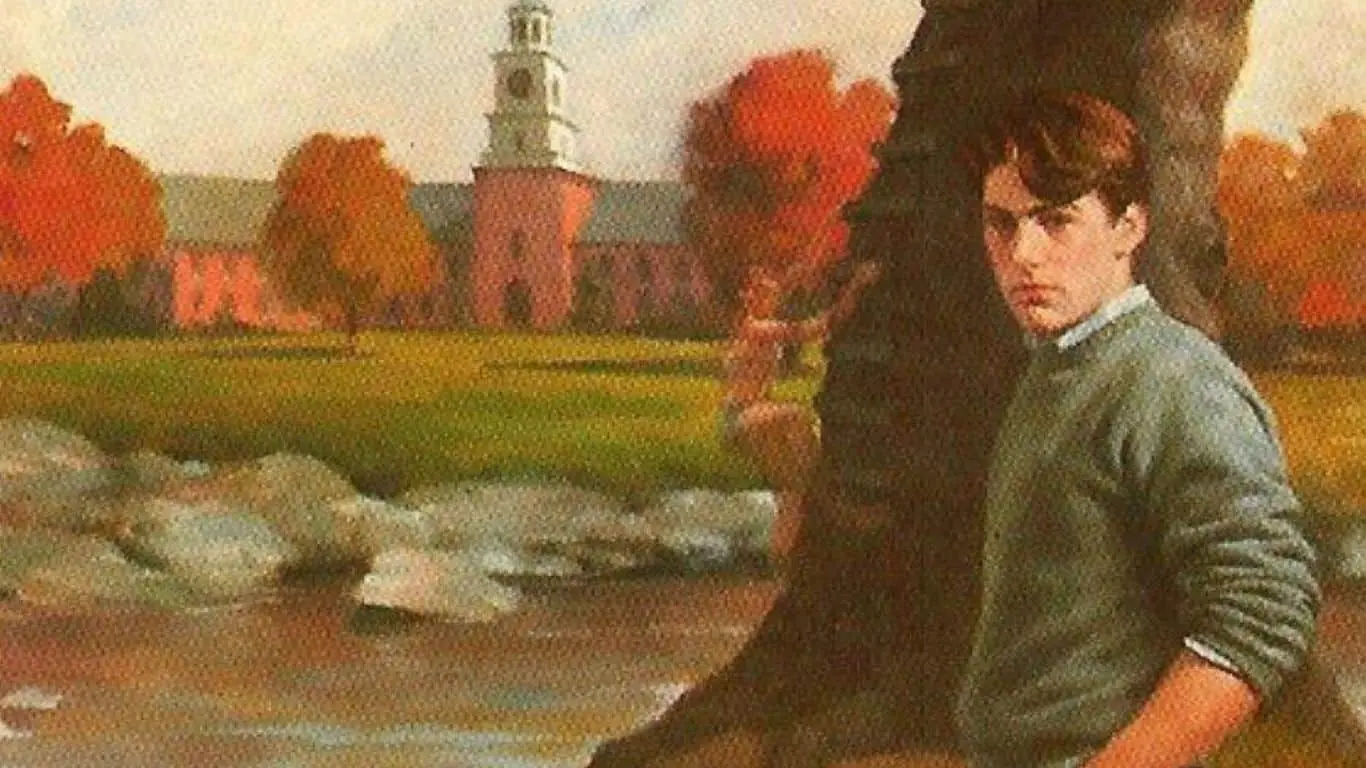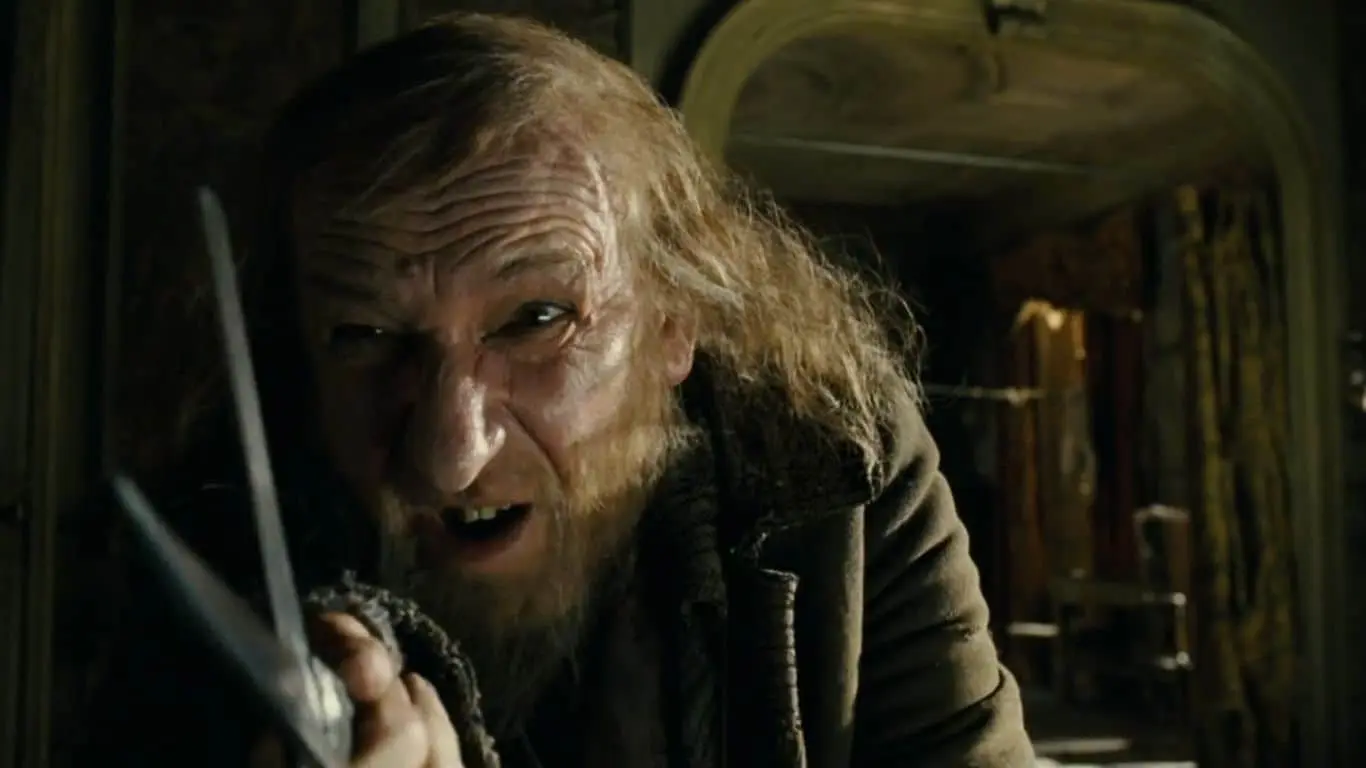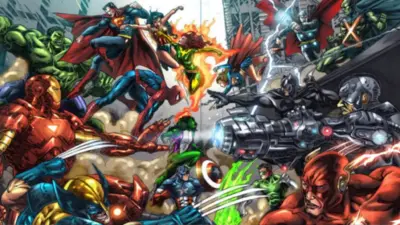In the vast and diverse realm of literature, characters play a pivotal role in bringing stories to life. From epic adventures to poignant tales, these characters become etched in our hearts and minds. Today, we’re taking a closer look at 10 Memorable characters from Books Whose Names Begin with ‘F’. Each of these individuals has left an indelible mark on the world of literature and continues to captivate readers across generations.
10 Memorable characters from Books Whose Names Begin with ‘F’
Frodo Baggins (“The Lord of the Rings” by J.R.R. Tolkien)

In J.R.R. Tolkien’s epic fantasy series “The Lord of the Rings,” this character plays a pivotal role in the quest to destroy the One Ring. A courageous and resilient individual, he sets out on a perilous journey with a diverse group of companions. Throughout the epic tale, his unwavering determination and strength of character are evident as he faces numerous challenges and confronts the very embodiment of evil. His experiences and personal growth highlight the overarching theme of heroism and the timeless struggle between light and darkness in the richly woven tapestry of Middle-earth.
Frankenstein’s Monster (“Frankenstein” by Mary Shelley)

Mary Shelley’s iconic novel “Frankenstein” introduces readers to a creation like no other—the enigmatic and tormented Frankenstein’s Monster. Pieced together from various body parts and brought to life through forbidden science, this nameless being grapples with its own existence and seeks to understand the world around it. Shelley’s exploration of themes such as identity, society’s rejection, and the consequences of playing god make the Monster a hauntingly complex character. It serves as a symbol of the ethical dilemmas and moral questions surrounding scientific advancement, leaving readers pondering the true nature of humanity and the consequences of one’s actions.
Fanny Price (“Mansfield Park” by Jane Austen)

In Jane Austen’s novel “Mansfield Park,” Fanny Price is a character whose gentle and reserved nature sets her apart in a world filled with social intricacies and societal expectations. Born into a less privileged branch of her wealthy family, Fanny is sent to live with her wealthier relatives at Mansfield Park. Despite her meek demeanor, Fanny possesses a strong moral compass and unwavering principles. Throughout the novel, she faces challenges and moral dilemmas, providing readers with a glimpse into the complexities of Austen’s world. Fanny’s journey from a timid and uncertain girl to a woman who stands up for her values makes her a memorable and admirable character in classic literature.
Ford Prefect (“The Hitchhiker’s Guide to the Galaxy” by Douglas Adams)

Douglas Adams’ science fiction masterpiece “The Hitchhiker’s Guide to the Galaxy,” introduces the readers to Ford Prefect, who is not your typical human. In fact, he’s not human at all; he’s an alien researcher for the titular guidebook. Ford’s character adds a delightful layer of absurdity to the story as he embarks on a cosmic adventure with his befuddled human friend, Arthur Dent. Always armed with a towel (as per the Guide’s advice) and a penchant for chaos, Ford’s witty observations about the universe and his relentless pursuit of a good time make him a standout character. He teaches us that sometimes, in the face of impending doom, all you need is your trusty towel and a sense of humor.
Fern Arable (“Charlotte’s Web” by E.B. White)

E.B. White’s timeless classic “Charlotte’s Web” introduces us to Fern Arable, a compassionate and kind-hearted young girl. Fern’s character is the epitome of innocence and empathy as she forms a deep bond with Wilbur, a pig destined for slaughter. Fern’s unwavering determination to save Wilbur’s life and her ability to communicate with animals through her innocence and purity make her a memorable character. Her love for all creatures, big and small, teaches us about the importance of empathy, friendship, and the beauty of seeing the world through the eyes of a child. Fern Arable’s character reminds us that sometimes the smallest voices speak the loudest when it comes to compassion and love.
Fantine (“Les Misérables” by Victor Hugo)

A poignant character in Victor Hugo’s “Les Misérables,” Fantine’s life is marked by heartache and sacrifice. Abandoned by her lover and left to provide for her beloved daughter Cosette, Fantine’s story is a testament to the enduring power of a mother’s love. Despite facing poverty, illness, and exploitation, Fantine’s unwavering determination to ensure a better future for Cosette is both admirable and heartbreaking. Her character serves as a poignant representation of the struggles faced by women in 19th-century France, and her selflessness and enduring love for her daughter make her an indelible figure in classic literature.
Finny from “A Separate Peace” by John Knowles.

A character in John Knowles’ novel “A Separate Peace,” Finny is a charismatic and athletic young man. He possesses an effortless charm and a natural talent for sports, particularly in activities like tree climbing and swimming. Finny’s carefree and adventurous spirit contrasts with the book’s backdrop of World War II and the strict rules of the Devon School. He forms a deep friendship with the novel’s protagonist, Gene Forrester, and the two share many adventures. However, beneath his cheerful exterior, Finny harbors complex emotions and struggles with the harsh realities of the world around him. His character represents the loss of innocence and the impact of war on youth, making him a memorable and poignant figure in the story.
Fagin (“Oliver Twist” by Charles Dickens)

A character in Charles Dickens’ “Oliver Twist,” Fagin is a masterfully crafted portrayal of a cunning and morally ambiguous figure. He serves as the leader of a group of child thieves in the dark underbelly of Victorian London. Fagin’s manipulative nature is evident as he preys on orphaned children, teaching them the art of pickpocketing and survival in a harsh world. His charismatic yet sinister personality adds depth to the story, making him a memorable and complex character. Through Fagin, Dickens explores themes of poverty, exploitation, and the corrupting influence of the environment on the young and vulnerable.
Fezzik (“The Princess Bride” by William Goldman)

A beloved character from William Goldman’s “The Princess Bride,” Fezzik is a gentle giant with a heart of gold. Towering over most people, he possesses immense strength but harbors a kind and gentle disposition. Fezzik’s loyalty and friendship are unwavering, especially in his partnership with Inigo Montoya and Vizzini. Despite his imposing appearance, he is known for his childlike innocence and naivety, adding a unique charm to the story. Fezzik’s memorable moments, including his wrestling bouts and memorable rhyming contest, contribute to the whimsical and adventurous tone of the novel.
Fiver (“Watership Down” by Richard Adams)

A central character in Richard Adams’ “Watership Down,” Fiver is a small and timid rabbit with an extraordinary gift. Despite his physical frailty, Fiver possesses the ability to see into the future through his dreams. When he foresees a great danger befalling their warren, Fiver’s visions set the entire story’s events into motion. His unwavering belief in his premonitions and his determination to lead a group of rabbits to safety make him a compelling and memorable character. Fiver’s courage, loyalty, and unique talents play a crucial role in the epic journey of the rabbits as they seek a new home. His character showcases the importance of inner strength and intuition, proving that even the meekest individuals can become heroes in the face of adversity.
Also Read: 10 Memorable characters from Books Whose Names Begin with ‘C’



